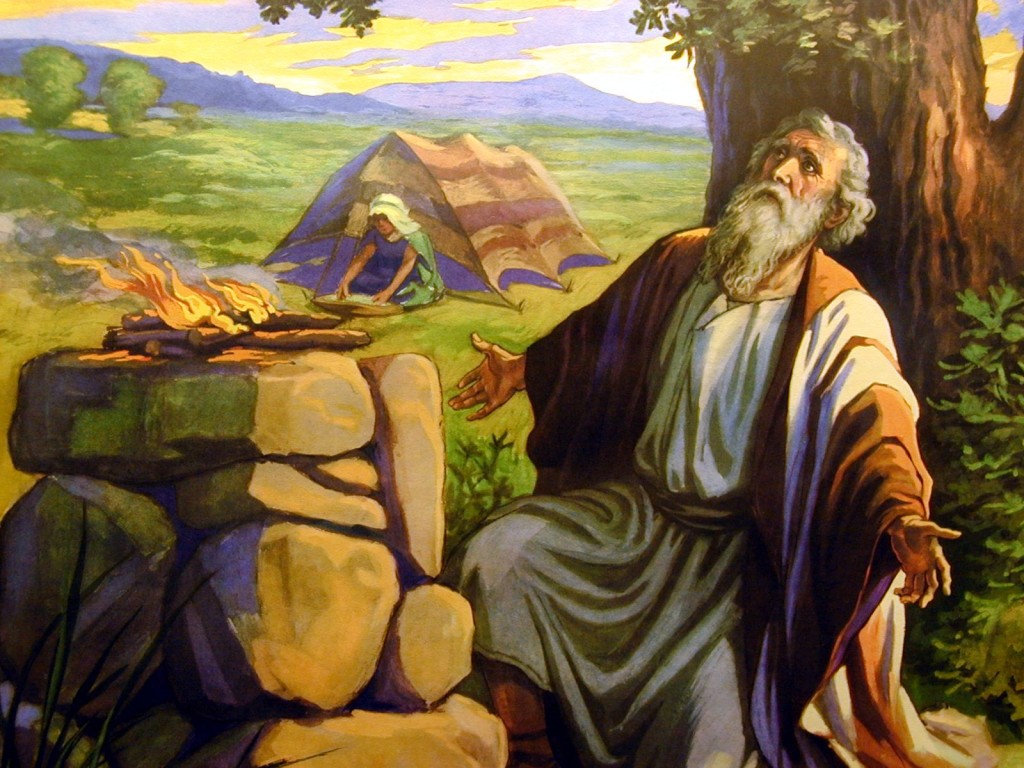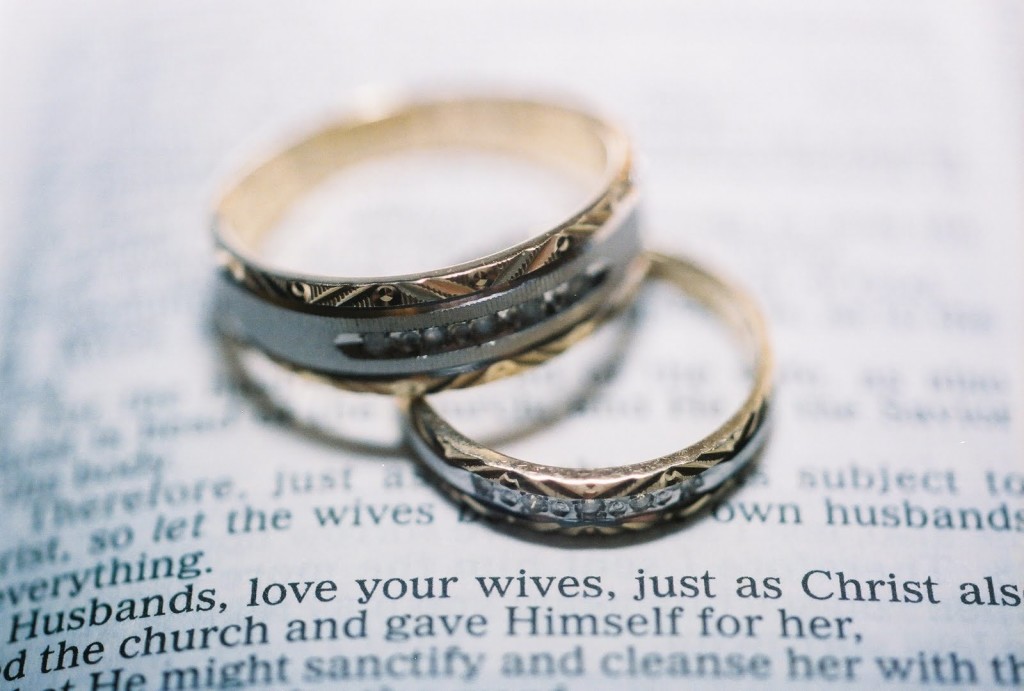
10 March 2014 by Simon Yap –
I woke up reading a comment on my note, saying how did Job win since he lost all his loved ones? My reply was this:
Job 39: 12 The Lord blessed the latter part of Job’s life more than the former part. He had fourteen thousand sheep, six thousand camels, a thousand yoke of oxen and a thousand donkeys. 13 And he also had seven sons and three daughters. 14 The first daughter he named Jemimah, the second Keziah and the third Keren-Happuch. 15 Nowhere in all the land were there found women as beautiful as Job’s daughters, and their father granted them an inheritance along with their brothers.

While answering that note, I felt the Spirit prompt me to meditate on these verses. I hope you are blessed by what the Spirit shared with me.
Job 42:14 The first daughter he named Jemimah, the second Keziah and the third Keren-Happuch. 15 Nowhere in all the land were there found women as beautiful as Job’s daughters, and their father granted them an inheritance along with their brothers.
Jemimah is written like this in Hebrew ימימה. Yod Mem Yud Men Heh. Yud is a picture of a hand, Mem is a picture of a praying man and the presence of a spirit (hence dove) and Heh is grace. Jemimah means dove.
Kezia is written like this in Hebrew קְצִיעָה Qof Tsade Yod Ayin Heh. Qaf is a picture of a queen, Tsade a picture of hook, Yod an open hand, Ayin to see or eye and Heh is grace. Kezia means Cassia a kind of spice tree.
Keren-Happuch is written this way: קֶ֫רֶן Qof Resh and Khaf (sofit) Qof is a picture of a queen, Resh means head or crown and Khaf means a palm. Keren-Happuch means cosmetic box.
Let me share with you an observation made by Ray Steadman: “The fascinating thing about this account is that the whole Scripture seems to focus now on the daughters of Job instead of the sons. In chapter 1 it was the sons who were in the forefront. They had a birthday party every year, and they invited their sisters to come and share with them, but here, at the end of the book, it is the daughters of Job. Being the father of four beautiful daughters myself, I know how Job must have felt about them. He was proud of these daughters. In fact, he gave them an inheritance among their brothers, which was unheard of in the culture of that day.”
I believe we are mean to see in Jemimah the Lord pouring peace over Job’s life and manifesting him with the presence of the Holy Spirit.
Keziah is another spelling of the word cassia, and, you recall, when the wise men brought their gifts to the infant Jesus, they brought gifts of cassia, aloes, and myrrh, all of which were fragrances and incenses that were expensive, rare, and beautiful. Cassia, therefore, is incense or a fragrance. That is the symbolism behind the name.
Keren-Happuch literally means the horn of adornment and is a reference, therefore, to the outward beauty that comes from an inward character. A queen that blessed and crowns everyone she touches. She actually makes people beautiful with her “cosmetic box”.
In an earlier note, I compared Job to Jesus and spoke about his trials and sufferings: http://hischarisisenough.wordpress.com/2014/03/08/job-and-jesus/
From here, I see that the resultant of Job’s suffering was these 3 daughters. They were the chief of his blessings. I see here, the Spirit, the Fragrance and the Queen who blesses. I see the church of Jesus Christ.
Paul tells us that we are the temples of the Holy Spirit, the aroma of Christ and the Bride of the King. The church was born out of the sufferings of Jesus. They are a delight to the Father. You would also see the church is made co-heirs with Christ. They are invited to partake in the inheritance just like Job’s daughters.
I want end with this note: “Nowhere in all the land were there found women as beautiful as Job’s daughters”. Do you know this is a reference to the church? To you, my dear believer? I do not want you to look at yourself and say you are ugly, unworthy and useless. That is not you.
Paul says this “Christ loved the church and gave himself up for her to make her holy, cleansing[b] her by the washing with water through the word, and to present her to himself as a radiant church, without stain or wrinkle or any other blemish, but holy and blameless.” Ephesians 5:25-27.
I end here by saying this, the Song of Solomon is really an expression of Jesus and his church, you. He said this about you “You have stolen my heart, with one glance of your eyes”. Song of Songs 4:9. Don’t give up. You are more beautiful than Job’s daughters.
I hope you are blessed.
Source :
The secret behind Job’s daughters.
http://hischarisisenough.wordpress.com/2014/03/09/the-secret-behind-jobs-daughters/
DISCLAIMER:
This message contains confidential and privileged information for its intended recipient(s) only and is issued on a without prejudice basis. If you are not an intended recipient, you are hereby notified that any review, dissemination, and distribution, printing or copying of this message or any part thereof is strictly prohibited. Please delete the entire message and inform the sender of the error. Any opinions, conclusions and other information in this message that are unrelated to official business of Simon Yap and Associates are those of the individual sender and shall be understood as neither explicitly given nor endorsed by Simon Yap and Associates.
CM DISCLAIMER: The views or opinions expressed by the columnists are solely their own and do not necessarily represent the views or opinions of Christianity Malaysia.com
References for pictures:
http://biblestudyoutlines.org/wp-content/uploads/2013/09/job.jpg
http://jason-shuler.com/wp-content/uploads/2014/01/0e2435793_1378060787_sermon-grace-title.jpg
http://1.bp.blogspot.com/_630pRClBnBo/TMOUUzUwAKI/AAAAAAAAABI/vwZ1hQuZ3_E/s1600/our+rings.jpg
http://1.bp.blogspot.com/-10ZKesNLwck/UeLUiUjc4fI/AAAAAAAACUc/xR089HFm1uw/s1600/68522_246838158788641_992680071_n.jpg








New insight from the bible. Beautifully written.